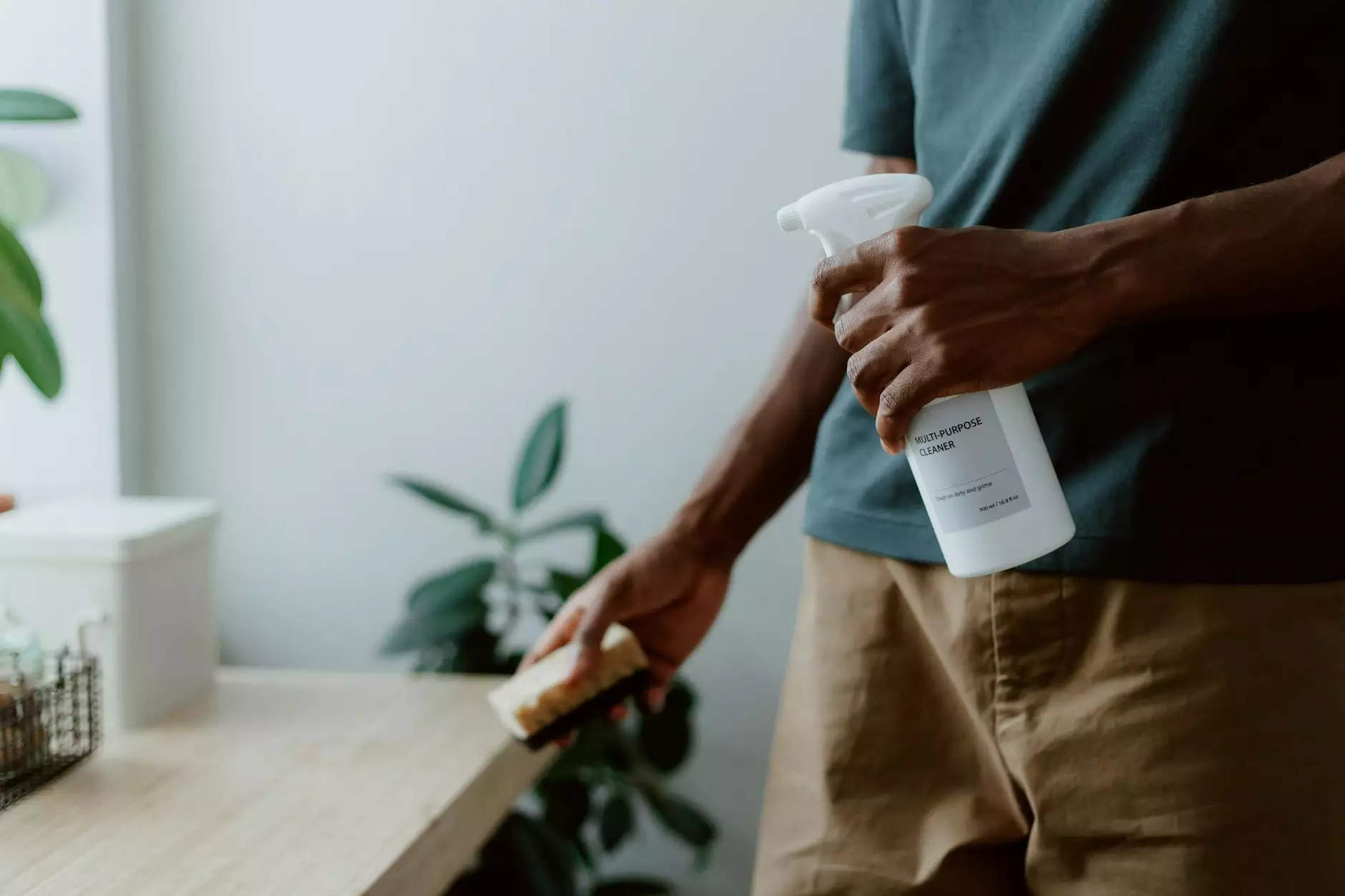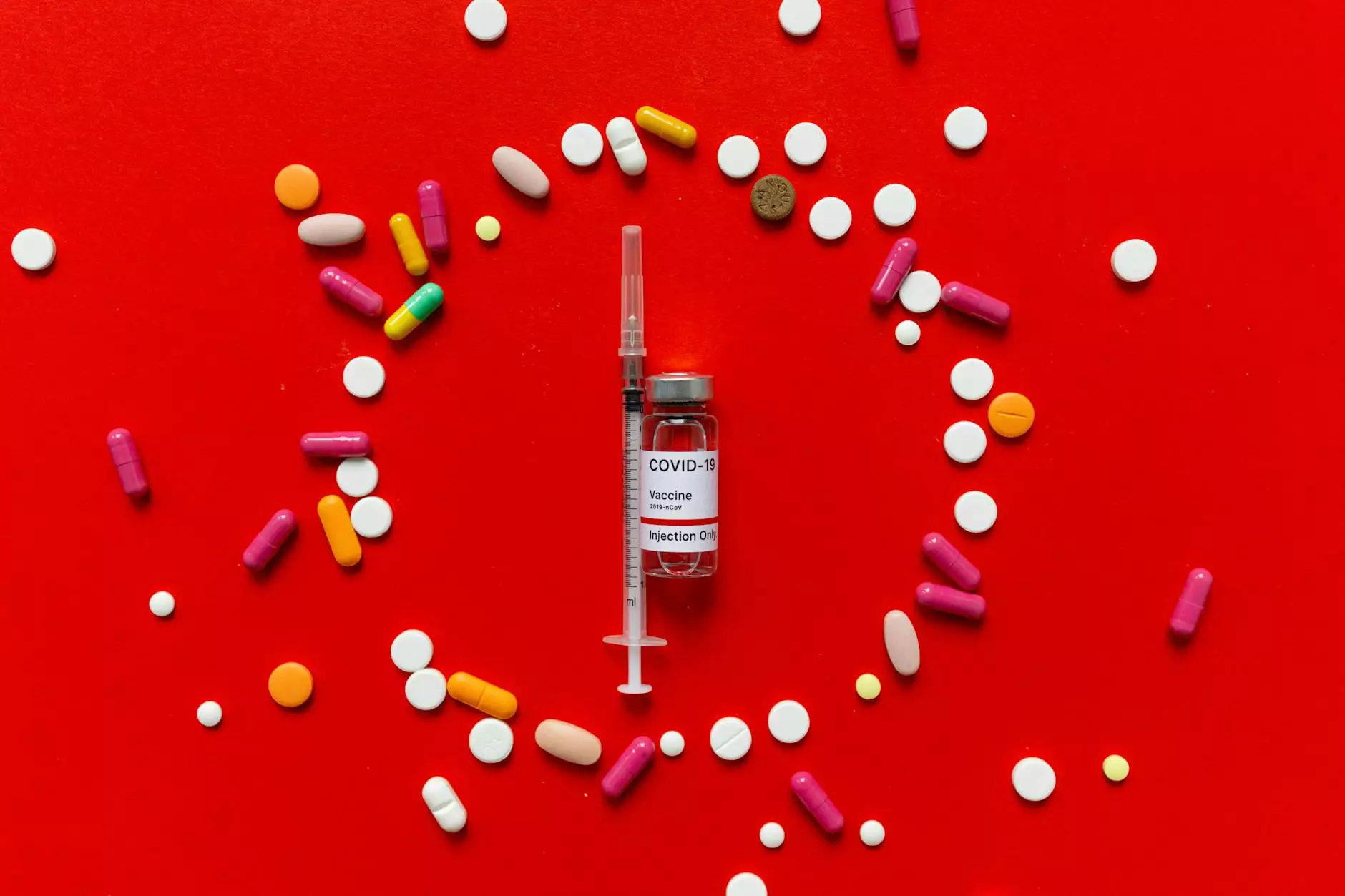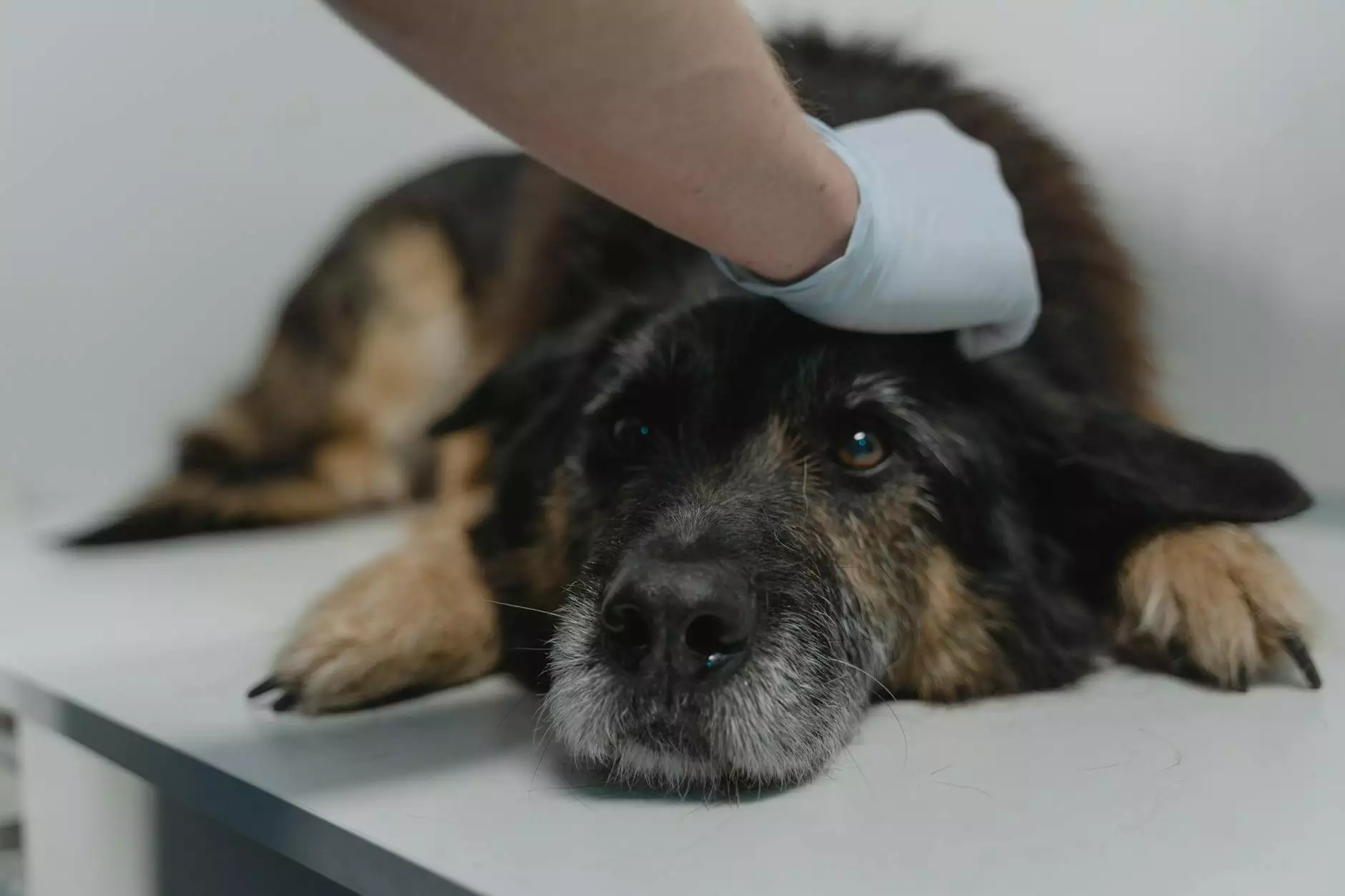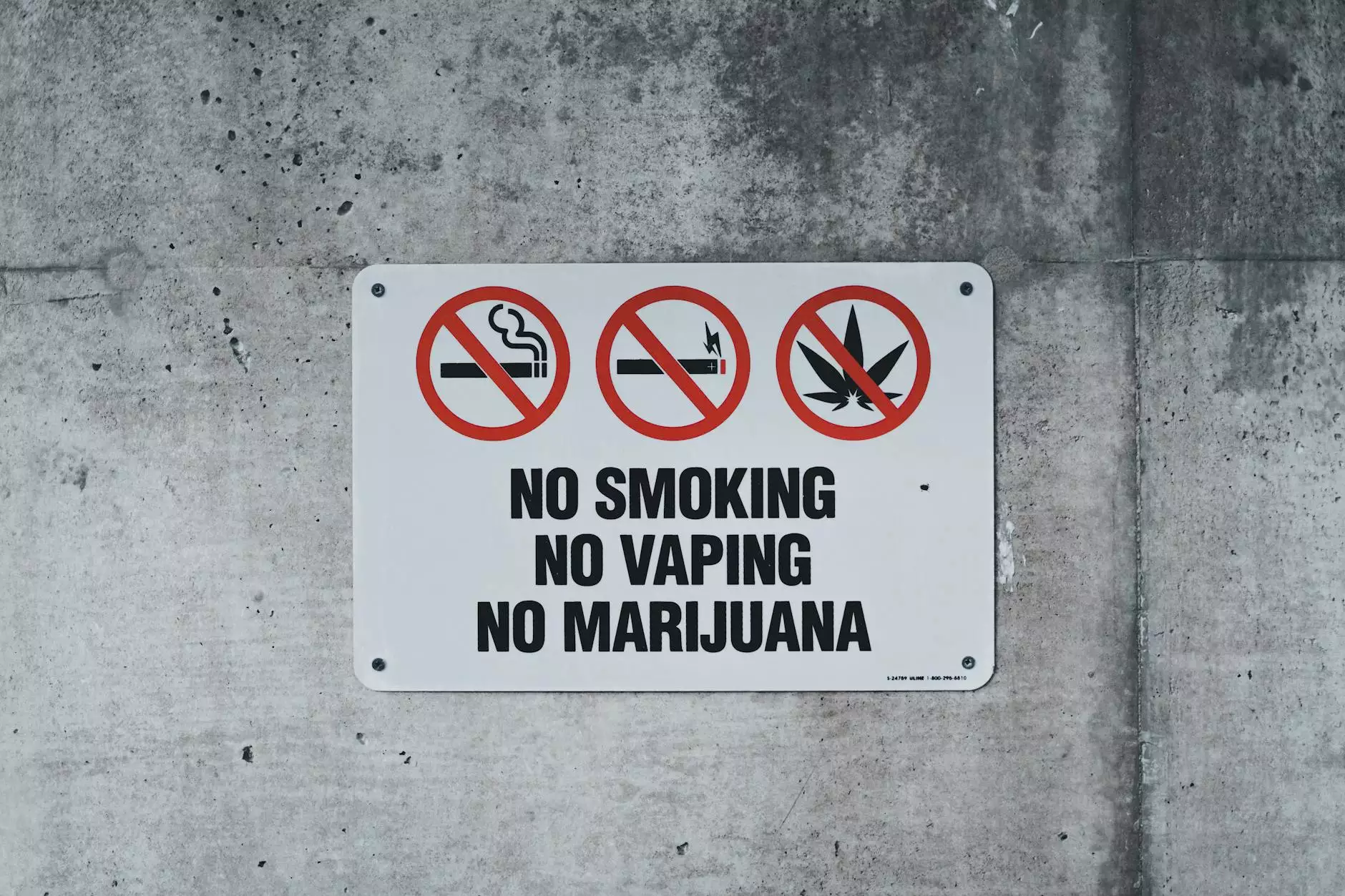The Importance of Hospital Surface Disinfectants in Healthcare

In today’s healthcare landscape, maintaining a clean and safe environment is paramount. One essential component of infection control in medical facilities is the use of hospital surface disinfectants. These products play a crucial role in mitigating the risks associated with hospital-acquired infections (HAIs) and ensure the safety of both patients and healthcare providers.
Understanding Hospital Surface Disinfectants
Hospital surface disinfectants are specialized cleaning agents designed to eliminate pathogens on surfaces within healthcare settings. These disinfectants are formulated to combat bacteria, viruses, fungi, and other unwanted microorganisms. Their effectiveness is measured not only by the types of pathogens they can eliminate but also by the speed at which they act and how safe they are for use on various surfaces.
Types of Hospital Surface Disinfectants
Hospital surface disinfectants can be categorized based on their chemical composition and mode of action. Here are some common types:
- Quaternary Ammonium Compounds (Quats): Often used for their ease of use and effectiveness on a broad spectrum of bacteria and viruses, Quats are ideal for cleaning non-critical surfaces.
- Chlorine Compounds: Known for their strong disinfecting properties, chlorine bleach solutions are effective against a wide range of pathogens but can be harsh on certain surfaces.
- Aldehydes: These disinfectants, including formaldehyde and glutaraldehyde, are potent and effective at low concentrations but require appropriate handling due to their toxicity.
- Hydrogen Peroxide: This powerful oxidizing agent is effective against a wide variety of microorganisms and can be used as a surface disinfectant or to sanitize environmental surfaces.
- Phenolic Compounds: Effective at killing bacteria and viruses, phenolics are particularly useful in areas where a higher level of disinfection is required.
Importance of Effective Hospital Surface Disinfection
The importance of using hospital surface disinfectants cannot be overstated. Here are several reasons why effective disinfection is crucial in healthcare settings:
1. Reducing Hospital-Acquired Infections (HAIs)
HAIs remain a significant concern in hospitals across the globe. The Centers for Disease Control and Prevention (CDC) estimates that one in 31 hospital patients has at least one infection related to hospital care. By using effective disinfectants, healthcare facilities can significantly reduce the incidence of such infections.
2. Protecting Vulnerable Populations
Patients in hospitals often have compromised immune systems. Thorough disinfection helps safeguard these vulnerable individuals from exposure to potentially harmful pathogens, thus improving patient outcomes.
3. Enhancing Overall Hygiene Standards
Implementing robust disinfecting protocols reflects an institution's commitment to maintaining high hygiene standards. This practice not only fosters an environment of trust among patients and their families but also boosts employee morale.
Best Practices for Hospital Surface Disinfection
To maximize the effectiveness of hospital surface disinfectants, healthcare providers should follow these best practices:
1. Select the Right Disinfectant
It is essential to choose a disinfectant that is appropriate for the surface type and the microorganisms that need to be targeted. This selection should be based on the disinfectant's formulation, as well as on safety data.
2. Follow Manufacturer Instructions
Every disinfectant comes with specific instructions regarding its use, including dilution ratios, contact time, and safety measures. Adhering strictly to these guidelines will ensure optimal efficacy.
3. Ensure Proper Cleaning Before Disinfection
Disinfectants are most effective on clean surfaces. It is crucial to thoroughly clean surfaces to remove dirt and organic matter before applying a disinfectant.
4. Implement a Routine Disinfection Schedule
A regular disinfecting schedule can help maintain hygienic environments. High-touch surfaces such as doorknobs, light switches, and medical equipment should be disinfected frequently.
5. Train Healthcare Staff
Healthcare staff should be adequately trained in infection control measures, including how to effectively use disinfectants. Regular training ensures that everyone understands the importance of surface disinfection in preventing infections.
Conclusion
In conclusion, the use of hospital surface disinfectants is a critical component of infection prevention strategies in healthcare settings. With rising rates of hospital-acquired infections, it is imperative that healthcare institutions not only adopt rigorous disinfection practices but also stay updated on the latest advancements in disinfectant technology. Investing in advanced disinfectants and ensuring their proper use can lead to improved patient safety and significantly lower infection rates.
By prioritizing the use of effective hospital surface disinfectants, healthcare facilities can create a safer and more hygienic environment for both patients and staff, ultimately leading to better health outcomes across the board.
Why Choose Medalkan for Your Disinfection Needs
At Medalkan, we understand the critical role of disinfectants in maintaining health and safety in medical environments. Our range of hospital surface disinfectants is formulated to effectively combat pathogens while ensuring safety and compliance with hospital standards.
Contact us today to learn more about our products that can help keep your facility clean, safe, and compliant with the latest health regulations. Invest in quality disinfection solutions, and take a proactive step towards improving healthcare standards!









